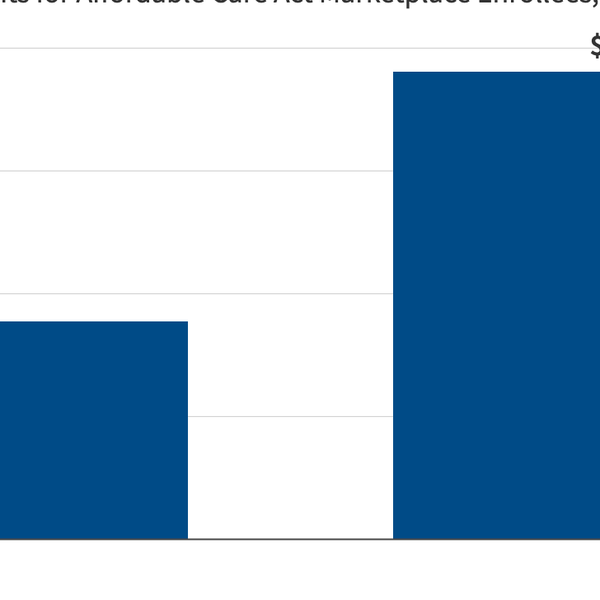
By Vera Bergengruen, McClatchy Washington Bureau (MCT)
WASHINGTON — President Barack Obama on Monday dove head-first into the heated net neutrality debate, urging the Federal Communications Commission to adopt “the strongest possible rules to protect net neutrality” by aggressively regulating Internet service providers like Verizon, Comcast and AT&T.
“We cannot allow Internet service providers to restrict the best access or to pick winners and losers in the online marketplace for services and ideas,” Obama said in a video posted on the White House website.
Obama called for an “explicit ban” on paid prioritization, which would allow the deep pockets of large services such as Google, Skype or Netflix to pay for better, faster streaming for its users. It’s a lucrative deal for the big Internet companies, but one that opponents say discriminates against smaller and newer services that would never get off the ground.
“No service should be stuck in a ‘slow lane’ because it does not pay a fee,” Obama said in the statement. “That kind of gate-keeping would undermine the level playing field essential to the Internet’s growth.”
His outline of “common-sense” steps for service providers to keep the Internet fair and open includes no blocking of legal content by service providers and “no throttling,” saying companies should not “intentionally slow down some content or speed up others.”
FCC Chairman Tom Wheeler’s original net neutrality proposal allows Internet service providers to engage in “commercially reasonable” deals, including some of the paid prioritization criticized by Obama.
The president’s statement comes amid intense debate among Internet service providers, technology companies and lawmakers as the FCC tries to draft new net neutrality laws that will stand on solid legal footing. They are replacing the rules that were struck down by a federal appeals court in January, on the grounds that the FCC does not have the authority to regulate Internet companies the same way it does telephone carriers.
The president’s statement was applauded by online advocacy groups and quickly denounced by Internet service giants and their supporters, who argue that the FCC lacks the authority to get involved in their business.
If the FCC heeds the White House’s statement by enacting “onerous government regulation,” it would be a “mistake that will do tremendous harm to the Internet and U.S. national interests,” AT&T said in a statement.
Sen. Ted Cruz (R-TX) was quick to slam the president’s support of regulation, calling net neutrality “Obamacare for the Internet” and declaring in a Facebook post that the “Internet should not operate at the speed of government.”
Sen. John Thune (R-SD) said the regulation the president supports would stifle the Internet industry “with rules written nearly 80 years ago for plain old telephone service.”
On the other side of the aisle, House Minority Leader Nancy Pelosi (D-CA) said the president’s statement reflects that “millions of Americans have made their voices heard in support of net neutrality.”
The FCC received a record-breaking 3.9 million public comments on its net neutrality proposal earlier this year, most of them asking the agency to preserve the level playing field and opposing “fast lanes.”
“When the leader of the free world says the Internet should remain free, that’s a game changer,” Sen. Ed Markey (D-MA) said in a statement.
The president emphasized that the final decision is up to the FCC, an independent agency. Wheeler has said he wants to vote on new net neutrality by the end of the year, but with the White House and others weighing in and pressure from all sides as the agency tries to craft a complicated hybrid proposal, that looks increasingly unlikely.
AFP Photo/Paul J. Richards








